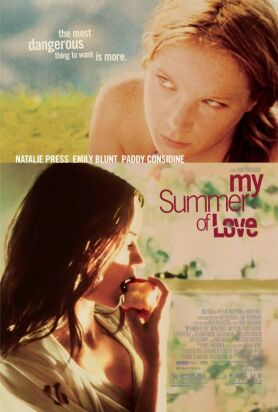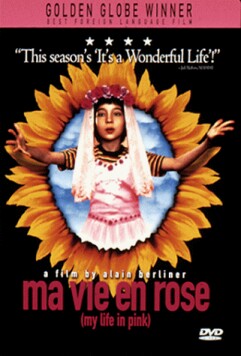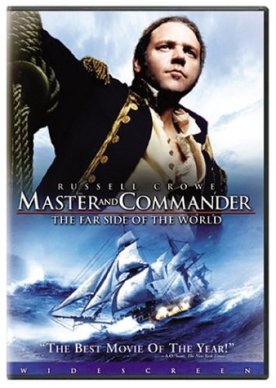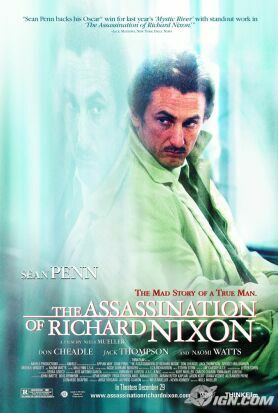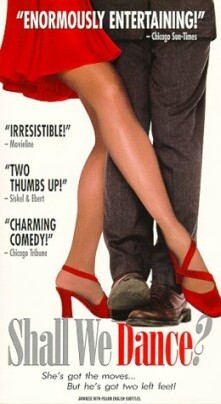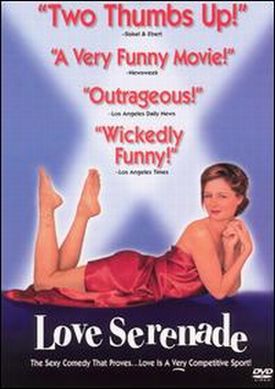My Summer of Love
Writing in The Times of London about the Michael Jackson trial, Oliver James, a psychologist, notes that “The thing about people with borderline personality disorder, which I believe Jackson has, is that they have a weak sense of self — as evidenced by the need to change his skin color, his erratic moods and the fact that he thinks he is Peter Pan. They are constantly acting out different personalities, which means that the boundary between fantasy and reality is blurred.” As in other ways, however, in this Michael Jackson stands for so much more than himself. Ours is the age of borderline personality disorder — not to mention the Peter Pan culture of eternal adolescence. The culture which once attempted to mould and shape us to a particular ideal now turns us loose into a world of infinite choices, and of nearly infinitely possible selves and demands only that we choose. Small wonder if we retreat and hide from such choices, or pretend like Michael Jackson in his absurd military uniforms, that we can slip from one to another without ever committing to any.
Pawel Pawlikowski’s My Summer of Love is set in West Yorkshire, England, and concerns two teenage girls on the verge of adulthood and entertaining such choices. Tamsin (Emily Blunt) comes from a well-to-do family and has just been expelled from her boarding school for being a bad influence on others. Mona (Natalie Press) is a working-class girl who lives above the local pub with her older brother, Phil (Paddy Considine). She never knew her father and her mother has died of cancer. Phil, an ex-con, has recently made a choice of his own, finding Jesus and turning the pub into a prayer-hall. Mona is deeply upset by this and refuses to believe in the reality of Phil’s new-found piety, accusing him of being a “faker.”
“I miss my brother,” she tells him.
“This is the real me,” he tries to assure her, and perhaps himself too.
“I want the old Phil.”
“The old Phil didn’t make me very happy.”
“He made me happy.”
Mona, abandoned by her brother (as she sees it) and dumped by her married boyfriend, Ricky (Dean Andrews), falls back on her relationship with her new friend, Tamsin, whose own romance of suffering involves an absent mother, a philandering father and a sister, Sadie (Kathryn Sumner), dead of anorexia. The two girls comfort each other and engage in small acts of vengeance against those whom they see as having betrayed them, Tamsin’s father and Ricky. When their relationship becomes sexual they seem more than ever like children — or Michael Jackson — trying on adult clothes to see how they fit. At one point there is a hilarious scene of the two of them in bed as Mona undertakes to show Tamsin what sex was like with Ricky. “D’yer wanna be shagged by RrrICK-ah?” says Mona, putting on a deep voice and assuming the dominant position. Tamsin agrees and becomes suddenly submissive.
“I’m you,” she says.
Mona grunts a bit and says, still in her gruff voice: “Ooh, yer byootiful, ooh, yer byootiful. Unhh! That’s it. Ah’ve coom. Got to be off now.”
It’s a reminder that role-playing is essentially comic, though in adolescence it takes on a deadly serious, sometimes even tragic import as we try on our adult roles for size. Pawlikowski skillfully manages to keep the tragedy always just off screen, but never far away.
In one of his most revealing scenes, the girls talk about what they want to be when they grow up. Tamsin plans to be a lawyer. Mona replies: “I want to work in an abattoir, get a boyfriend who is a real bastard, churn out all these kids and wait for menopause — or cancer.” Both girls, that is, realize that life has already assigned them roles that they don’t much care for, and their summer romance becomes for both — though for one much more than the other — not so much a way of escaping as a way of imagining escape. It is for them, though of course they don’t see it this way, what Jesus is to Phil, namely a role he is playing as a way of not playing another one — “the old Phil” — he is desperate to elude.
What I admired most of all about the film was the way in which it uses the counterpoint between Phil’s story and that of the girls to heighten the emotional temperature. In Phil’s case, tragedy really does break through to upset the balance with comedy as he gradually and unwillingly comes to acquiesce in Mona’s view that the old Phil is finally inescapable. There is a somewhat scary irony in the fact that it is Mona’s use of her Exorcist-demon voice that she originally put on with Tamsin to say: “I am the Antichrist!” for in a way that’s just what she is: the voice of what threatens to be a permanent resignation to the inevitability of sin and death and an eternity of despair.
At any rate, it is this prank which precipitates Phil’s return to violence and ultimately ends his own flirtation with Jesus, which now seems as doomed as Mona’s with Tamsin. “Get out!” he says to his fellow-worshipers in the ex-pub. “You’re all fakers!” — just the word Mona had applied to him and an echo of Tamsin when she calls him, after playing the temptress just to see if she can do it, a “f***ing fraud.” The girls seem quite likely to recover if they return to their old lives, as most of us tend to do from first love and unrealistic hopes, but for Phil, at his age and with his background, the loss of his hopeful alternative self is bound to be much more devastating.
Pawlikowski, who also co-wrote the screenplay with Michael Wynne, is a Polish-born director living in England whose first feature, Last Resort (2000), represented a promise on which My Summer of Love delivers. The characters — though very little else in the movie — were taken from a novel of the same title by Helen Cross, and with his semi-improvisational technique the director gets tremendous performances out of both of the young and hitherto almost unknown actresses who play them. Mr Considine is also a very considerable asset, while the director of photography, Ryszard Lenczewski, makes summer in the Yorkshire countryside look breathtakingly beautiful. The film won the Michael Powell award for best British feature at the Edinburgh festival in 2004, and it’s easy to see why. Shot on a tiny budget of only about $3 million, it is an object lesson to all independent film directors in how to do a lot with a little.
Discover more from James Bowman
Subscribe to get the latest posts to your email.

